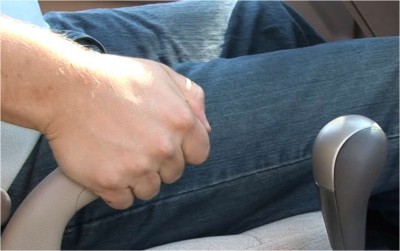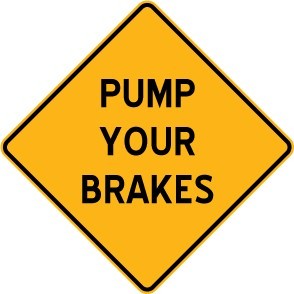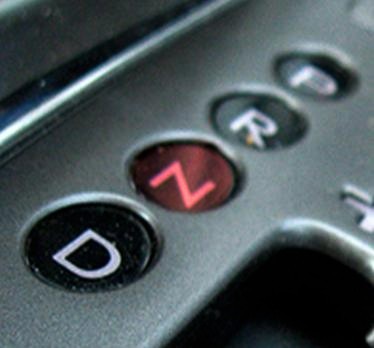Stopping Your Car when it is Out of Control

Stopping Your Car when it is Out of Control
The man’s car started gaining speed and he couldn’t get it to slow down. His brakes didn’t work, so he put on the emergency brake and that didn’t work either. Finally, after taking down several signs, a few hedges and a mailbox, his car came to a stop. He wasn’t drunk or impaired and he didn’t fall asleep at the wheel, so what exactly happened?
At Classic Collision Of Brookhaven, we know that when cars go out of control, there isn’t much you can do, but by following some of these helpful guidelines, you can hopefully avoid a serious injury if and when you ever encounter this dilemma.
Most people don't spend their time thinking about what they would do if their car suddenly started going out of control. The fact is that while cars these days are incredibly safe overall, there are times when a driver has to deal with a car that stops responding as it should. There are a wide range of reasons why a car could careen out of control, but knowing what they are and how to manage each situation will help you stay safe in the long run.

Brake Failure: Sometimes cars suffer brake failure. You press down on the brake pedal like normal, only to feel absolutely no resistance. You mash your foot down again and again, but the car doesn't slow one bit. The situation certainly isn't hopeless, especially if you know how to regain control. The first thing you should do is keep your foot away from the accelerator. Feel around with your foot for any obstructions that are blocking the pedal from pushing down all the way, including the floor mat. If that doesn't work, slow the car down by downshifting. Doing this with a manual transmission is easy, but you can still make it work with an automatic by sliding the gear selector down to the lowest level. You can put on the parking brake, but beware that doing so can cause you to lose control of the steering. To come to a complete stop, you might have to aim for something large and soft, like hay bales, if at all possible.
Ice: When a road is covered with ice, it's pretty easy to lose control of your vehicle. Once you feel that your car is sliding in a direction and you cannot stop it, do not panic. Steering in the direction of the slide will actually give your tires' tread the chance to regain grip, even if just a little bit, and can stop or slow down the car's movement. At the same time, apply firm pressure and let the ABS system do the pumping for you, which you will feel in the pedal. Regaining control on a wet road is even easier, since it involves taking your foot off the accelerator and steering straight ahead until the car slows itself down.

Sudden Acceleration: One of the scariest scenarios of a car that is out of control happens when the vehicle starts to accelerate without you putting your foot on the pedal. Often, this is caused by drivers pushing on the accelerator the same time as the brake pedal, so pick your foot up to see if the car slows down. If not, remove the floor mat since it might be what is holding the accelerator down. The next thing you should do is try lifting the accelerator pedal up using your foot. If the acceleration continues, put the transmission into neutral, which will slow your forward momentum. You can turn the engine off, but remember that doing so will also kill the powering steering and some of the safety systems. If you do turn the engine off, absolutely never remove the key from the ignition, since that will lock the steering wheel and leave you with no way to pilot the car to a safe stop.
Stuff happens in life and we can’t anticipate much of it, unless we’re psychic. But by being prepared for when the unforeseen occurs, you can avoid a serious accident when your vehicle decides to go rogue on you. These tips are happily offered by Classic Collision Of Brookhaven, one of the finest body shops in Atlanta, GA!









Social